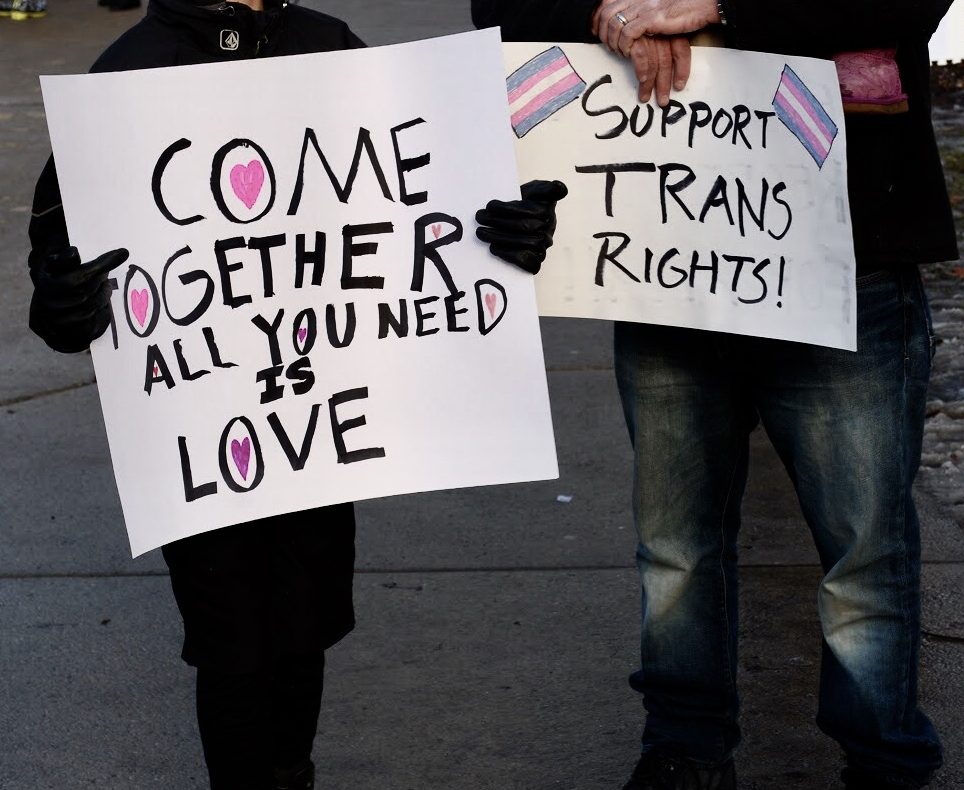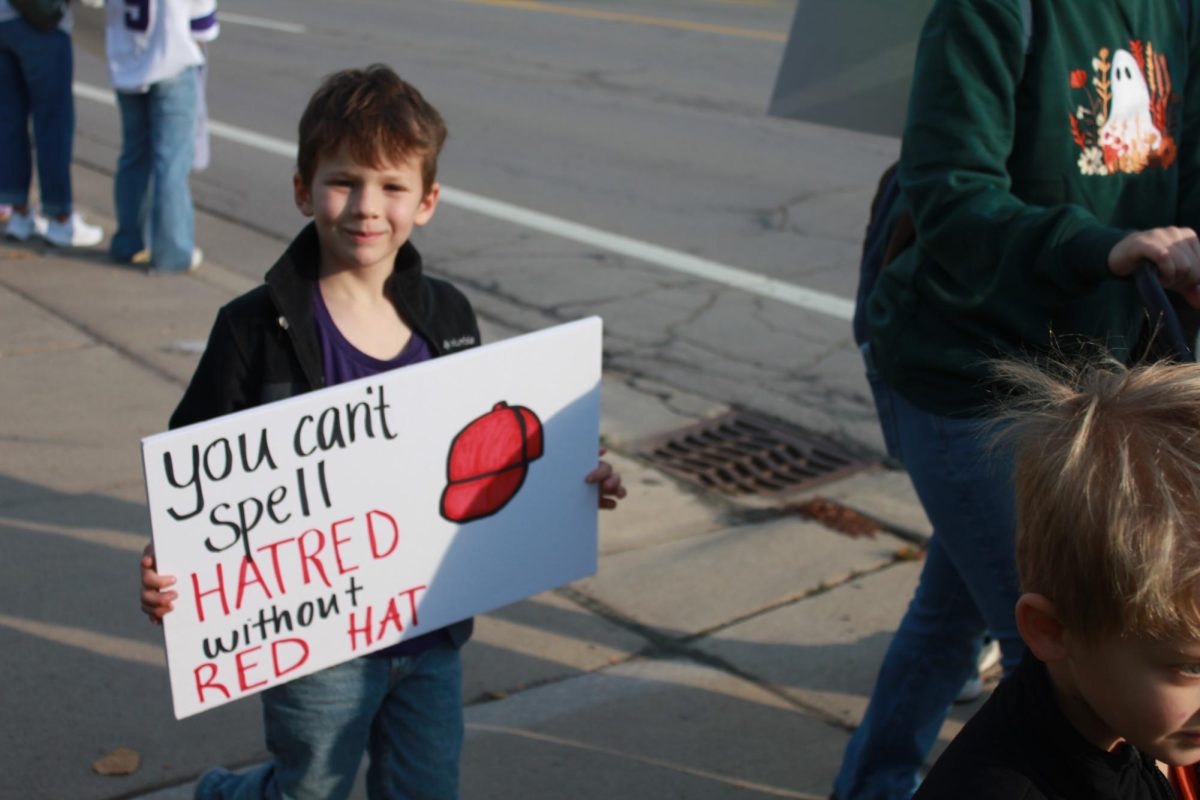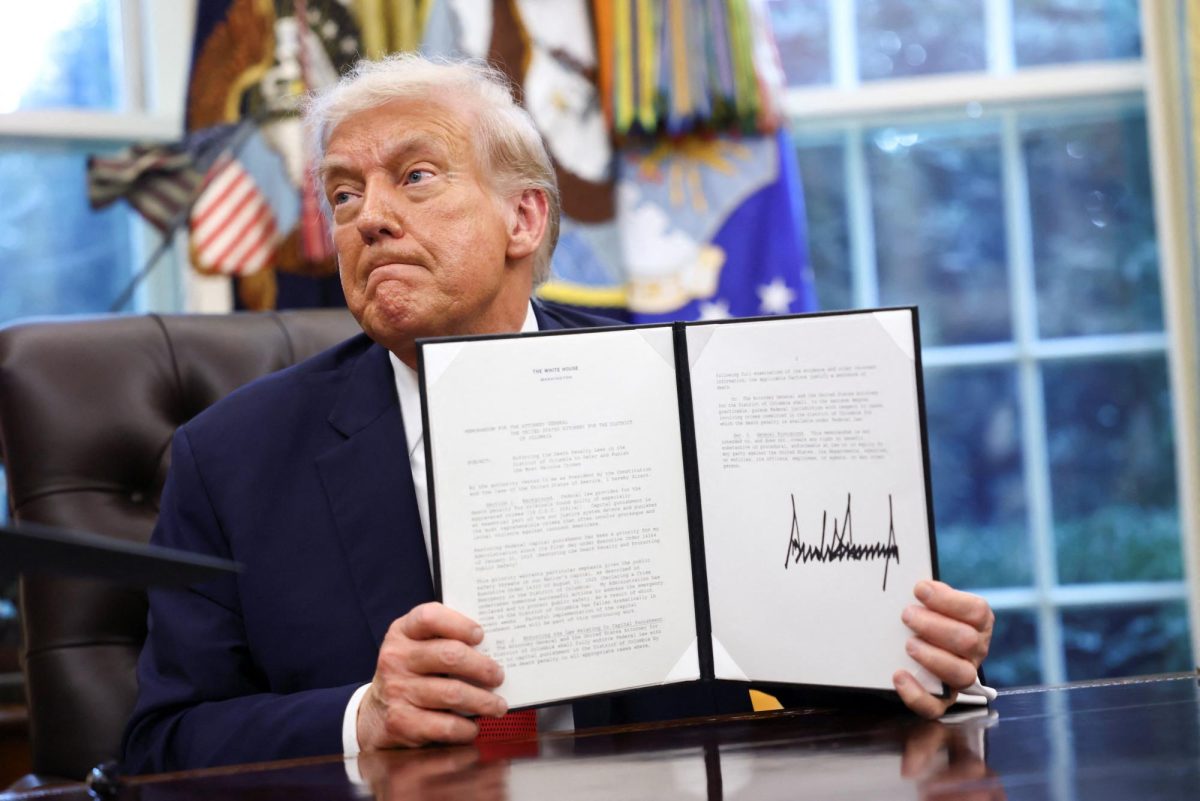On Aug. 26 the Supreme Court was presented with an emergency docket, which is a court’s process for time-sensitive matters, from a case in Berkley County, South Carolina.
A ninth grader, identifying as John Doe in court filings, is suing the state after relentless policing by school staff who were instructed to monitor his use of the restroom, and on more than one occasion, a teacher yelled at John for trying to use the boys’ restroom and prevented him from relieving himself.
The lawsuit is over a mandate requiring transgender students to use the bathrooms and locker rooms that match the biological sex they are given at birth. And last month, the 4th Circuit Court of Appeals said that the student could use the school bathroom of their choice while the case proceeded, which overturned the lower court’s decision.
“Doe is a 14-year-old student who simply wishes to use the restroom,” Circuit Judge Albert Diaz wrote Aug. 15 in an opinion explaining the court order. “Doing so is a biological necessity. Doing so in restrooms that match his gender identity is his right under our precedent.”
The public responses of local parents in the area are divided, although the most prevalent opinion on the case is mostly conservative. High school parent Lauren Leblanc writes on Facebook: “When a girl believes she’s a boy, that’s mental” however a local to the Berkley district Penny Francoeur replies, “You do not know her, or her mental health, so your opinion does not matter.”
Both sides of the matter are filled with anger regarding the case, and both sides believe that the other’s argument is baseless.
Attorney General Alan Wilson’s office asked the Supreme Court to overturn that decision, arguing the appeals court had overlooked the safety of other students in the school. Solicitor General Thomas Hydrick wrote that legislators like himself questioned what a district should say to a transgender student who doesn’t appear to be transitioning in any way. He argued that a student might make other students using the bathroom feel uncomfortable, and that single stall bathrooms were not only still available to students who identify as transgender, but a better option.
This application for the Supreme Court to step into the case was denied, and they did not debate whether or not they should uphold the decision of the 4th Circuit Court of Appeals.
“The denial of the application is not a ruling on the merits of the legal issues” they wrote in a short document delivering the denial of the appeal, “it is based on the standards applicable for obtaining emergency relief from this Court.”
However, in the denial of the appeal, Justice Thomas, Justice Alito and Justice Gorsuch all stated that given the option, they would grant the application to retract the overturned ruling.










